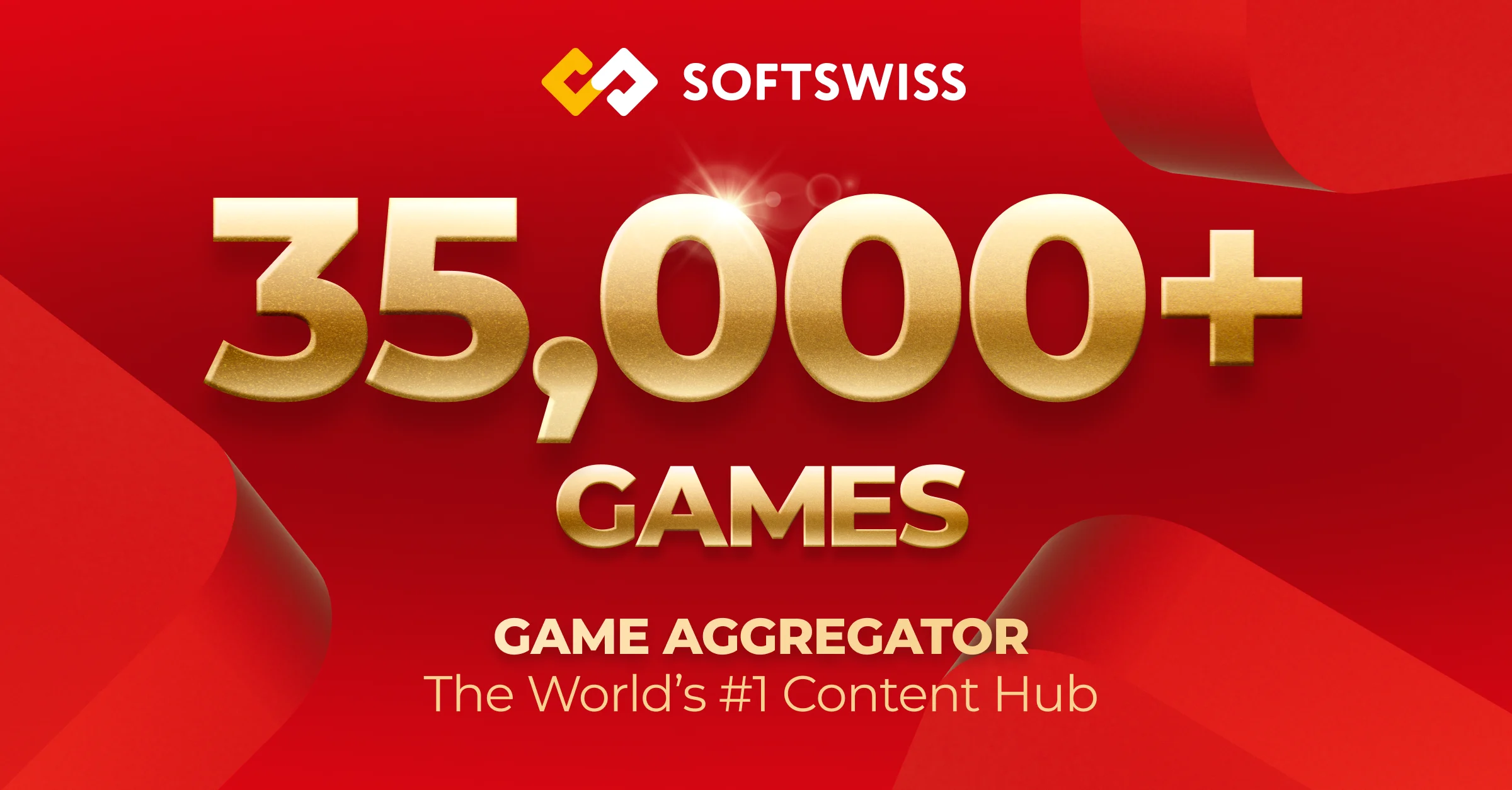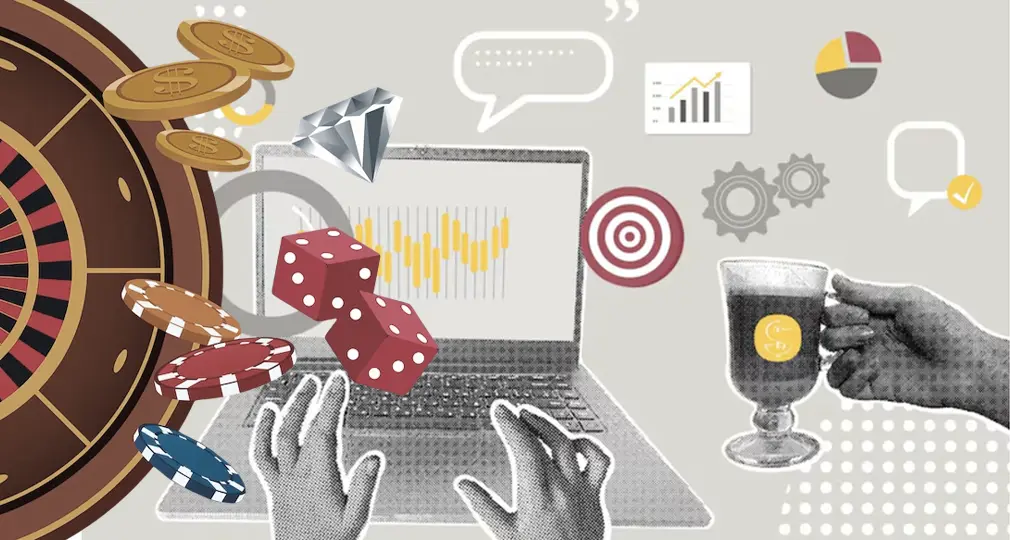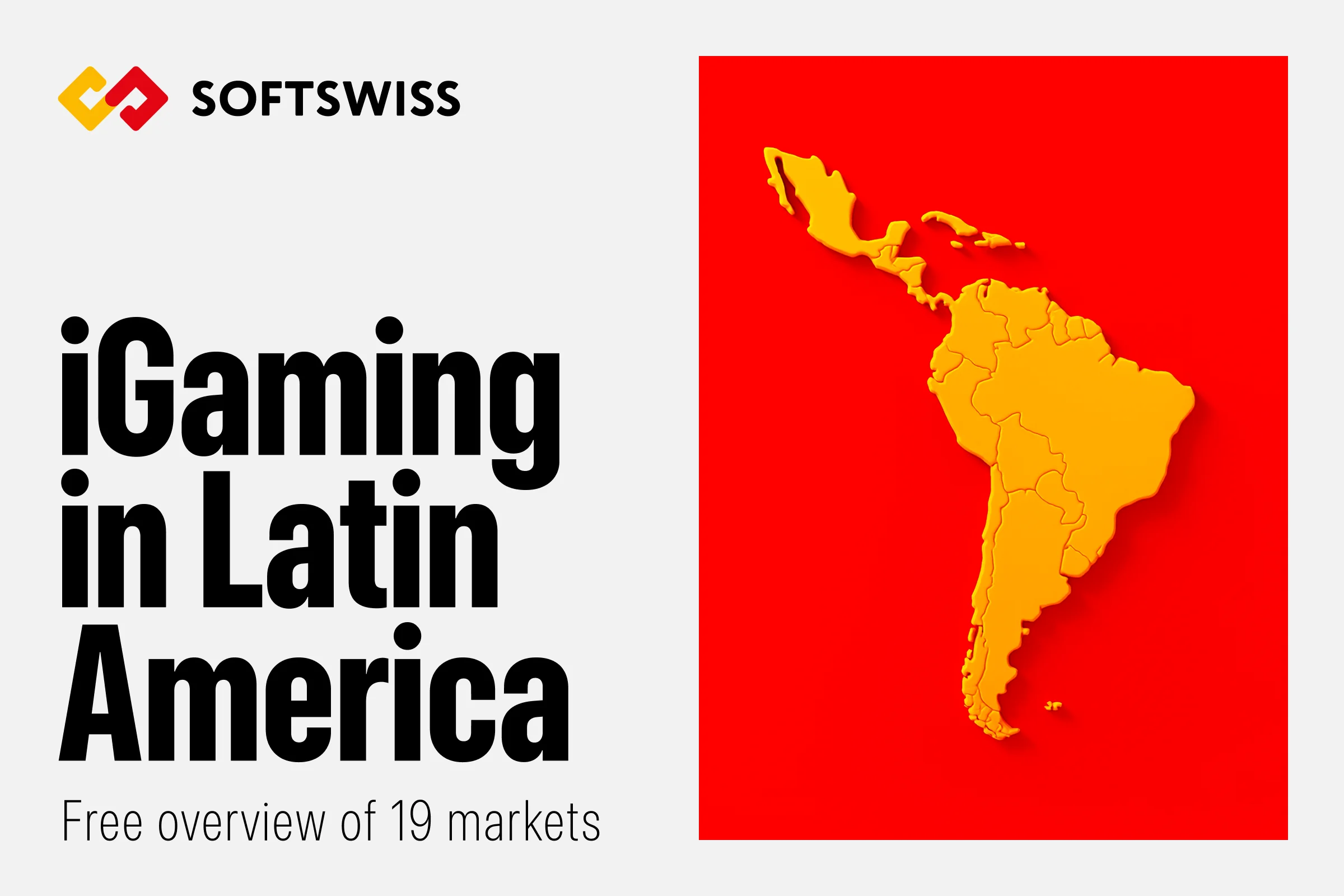Veikkaus, the Finnish government-owned gambling company, has held a monopoly position in the country for tens of years. Now, after over 70 years, the monopoly may fall. That is both surprising and not surprising at all. Throughout the years, Veikkaus has always been keen to hold onto the monopoly position, and now giving it up seems to be their idea. It is understandable since Finland is currently the only EU member country that operates an online gambling monopoly model.
Veikkaus presented the idea of giving up the monopoly position in their interim report in the last week of August. According to Olli Sarekoski, the CEO of Veikkaus, the company’s market share has decreased by five percent compared to a year ago. Veikkaus is now slowly approaching the critical 50 percent limit, and if the falling doesn’t stop, Finland needs to bring all gambling under the same regulation.
For now, in the past couple of months, nothing has changed. There are only lots of speculations about the future of the Finnish online gambling market. No one knows what is going to happen and when the possible changes are going to come. Most betting experts think the so-called open market is the most likely option for Finland. For example, Finnish experts from Vedonlyontisivustoni.com commented that the open market would make the Finnish betting market better and safer than ever.
Will Finland adopt the licensing model?
The most likely option to happen in Finland is to apply the idea of an open online gambling market. Switching to a licensing model would enable foreign gambling companies to enter the Finnish online gambling market. Before operating in Finland, foreign gambling companies need to apply for a Finnish gaming license. In this situation, the foreign company would pay taxes to Finland and would also be under the supervision of the Finnish gaming authorities.
Even if, in this case, Finland allows foreign gambling companies to operate in their country, the government could set strict rules and regulations for all license holders. That is how Finland would still be able to continue its work against gaming problems. Different laws and regulations could make the open market safer than it is at the moment. With the license model, Finland can block all gambling companies that aren’t good enough compared to Finland’s standards.
Even though with the licensing model, Veikkaus wouldn’t get as much profit, Finland would get more from the taxes paid by foreign gambling companies. With more profit, Finland could spend even more on preventing gambling problems. Finland is also known to spend the profit from Veikkaus on improving education, youth work, and health and social welfare. If they could profit more from the licensing model, Finland could distribute more money to improve their overall welfare, education, and some new crucial sections.
An example from Sweden
While Finland is still thinking about its next move for its online gambling markets, many eyes are turning toward Sweden’s situation. It has been three years since Sweden adopted its licensing model, and the changes are enormous. At first, most gambling companies could not operate in Sweden due to their lack of safety or quality. Now the situation is almost the same as before licensing model. The most significant difference is the lack of untrustworthy and low-quality gambling companies.
It is not the first time Finland has taken inspiration from Sweden. There are some concerns that Finland would copy Sweden’s style entirely since many think Sweden is overly restrictive due to deposit and bonus limits. Still, after all, Sweden has been successful with its licensing model. They managed to reduce the number of gambling problems which was their main priority. They also managed to keep most of the money inside the country since now both license fees and taxes are paid directly to Sweden.
In Sweden, the licensing model doesn’t just remove low-quality gambling companies from the market. It is also there to make the online gambling environment safer and more reliable for the user. In general, the effects on the players have been surprisingly small. Nowadays, players can’t deposit as much money, get as good bonuses, and can’t gamble while being anonymous. If that is the price for safety and reliability, most people think it would be worth a shot.












